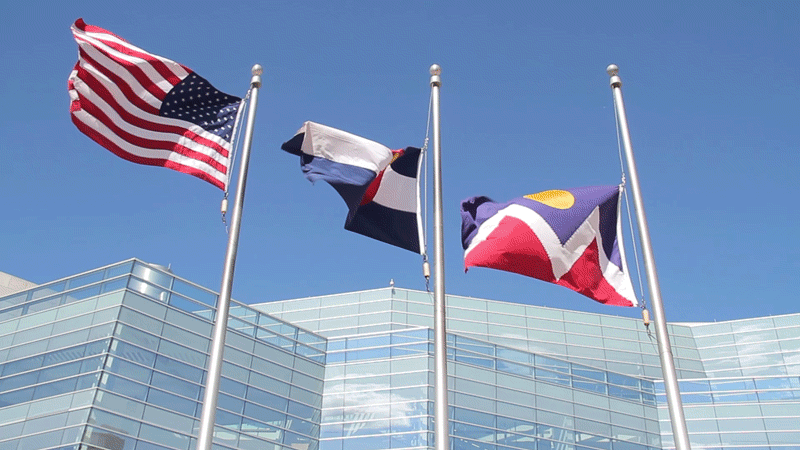The Supreme Court is raising serious doubts about Colorado's practice of not refunding court fees and other costs to people who are convicted of crimes but later exonerated.
Most justices hearing arguments in the case on Monday seemed concerned that refusing to refund the money violates due process rights.
The case involves two people whose convictions for sexual offenses were later thrown out. One had paid about $700 toward the court fees and victim restitution while the other paid more than $4,400 in similar costs.
Colorado's highest court said the defendants could not get a refund unless they proved their innocence by clear and convincing evidence in a separate proceeding. The defendants say it's unfair to require them to prove their innocence to get court costs back.
Justice Elena Kagan said it seems "the most natural, obvious thing in the world to say that the state's right to that money evaporates" when a conviction is overturned.
Chief Justice John Roberts said that while the state can't give the defendants back the time they spent in jail, "you can give them the money back."
Colorado appears to be the only state that doesn't automatically refund court costs and fees after a conviction is overturned. Colorado Attorney General Frederick Yarger argued that the fees become public funds once they are paid. He said that places the burden on people cleared of criminal charges to begin a new court proceeding asking the state to return the money.
But that argument ran into stiff resistance from several justices. Roberts asked if the same line of reasoning meant that criminal fines are not automatically refundable in Colorado if a conviction is reversed.
When Yarger agreed, Justice Stephen Breyer noted that the state could simply say there's no point in appealing a criminal conviction since "we're not going to give you the money back."
"You have a tough side of this argument," Breyer told Yarger, to laughter. "It doesn't seem very fair."
Arguing for the defendants, Stuart Banner said once a conviction is reversed, the state must give the court fees back.
"This is all money that is contingent upon the existence of a conviction," he said.












